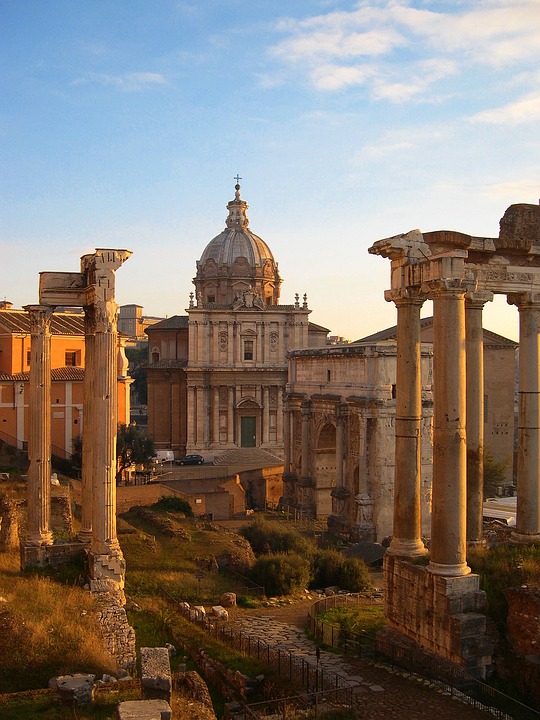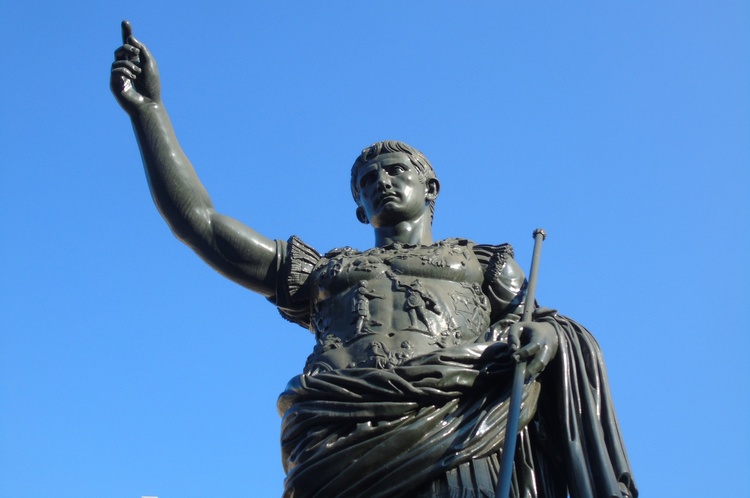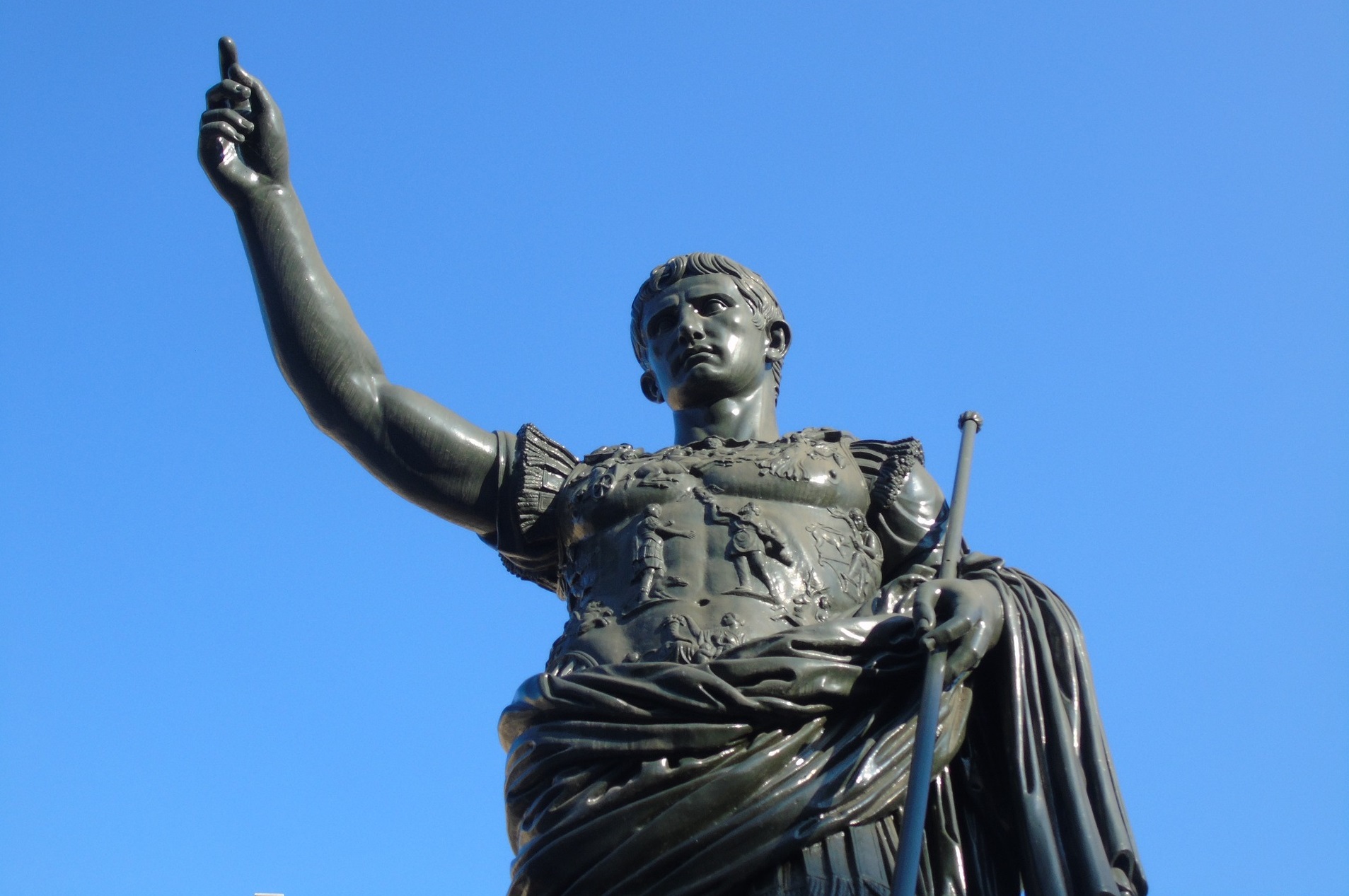Every year, the Italian capital of Rome celebrates the life of one of its greatest legends, who met his death on March 15, 44 BC.
Many cultural events are held in Rome on the day, including a re-enactment of Caesar’s death at the very site where he was assassinated more than 2,000 years ago.
Locals lay flowers at the ruins of the Temple of Caesar, on the eastern side of the main square of the Roman Forum, which was erected at the site of Caesar’s cremation a few years after his death.
It’s no secret that Caesar changed the course of history decisively and irreversibly.
The Greco-Roman society has been extinct for so long that most of the names of its notable figures mean little to the average person today.
But Caesar’s name is one of the very few which everyone still knows and has gone on to influence words describing leaders in many other languages, such as Kaiser in German, tsar in the Slavonic languages, and qayṣar in the languages of the Islamic world.
But who was Julius Caesar and what made him an unforgettable historic figure?

Julius Caesar was cremated in the Roman Forum
Julius Caesar was a Roman politician, military general, and historian who played a critical role in the events that led to the demise of the Roman Republic and the rise of the Roman Empire.
Born Gaius Julius Caesar on July 12 or 13, 100 BC, he grew up in Rome in a noble family, the Julian clan.
The family claimed descent from Iulus, son of the legendary Trojan prince Aeneas, supposedly the son of the goddess Venus.
Caesar progressed through the Roman political system and, when the civil war broke out, he defeated the republican forces and seized power over Rome.
Caeser made himself dictator of Rome and ruled from October 49 BC to his death in 44 BC.
During this time, he paved the way for the imperial system.
After assuming control of government, Caesar began a program of social and governmental reforms, including the creation of the Julian calendar.
He gave citizenship to many residents of far regions of the Roman Empire and initiated land reform and support for veterans.
He also centralised the bureaucracy of the Republic and was eventually proclaimed “dictator for life”.
Caesar’s populist and authoritarian reforms angered the elites, who began to conspire against him.
On March 15, 44 BC, Caesar was assassinated by a group of rebellious senators led by Gaius Cassius Longinus, Marcus Junius Brutus and Decimus Junius Brutus, who stabbed him to death.
A new series of five civil wars broke out and Caesar’s adopted heir Octavian, later known as Augustus, rose to sole power after defeating his opponents.
Octavian set about solidifying his power, and so the era of the Roman Empire was formed.
Julius Caesar was the first historical Roman to be officially deified.
He was posthumously granted the title Divus Iulius (the divine/deified Julius) by decree of the Roman Senate on January 1, 42 BC.
The appearance of a comet during games in his honour was taken as confirmation of his divinity.












